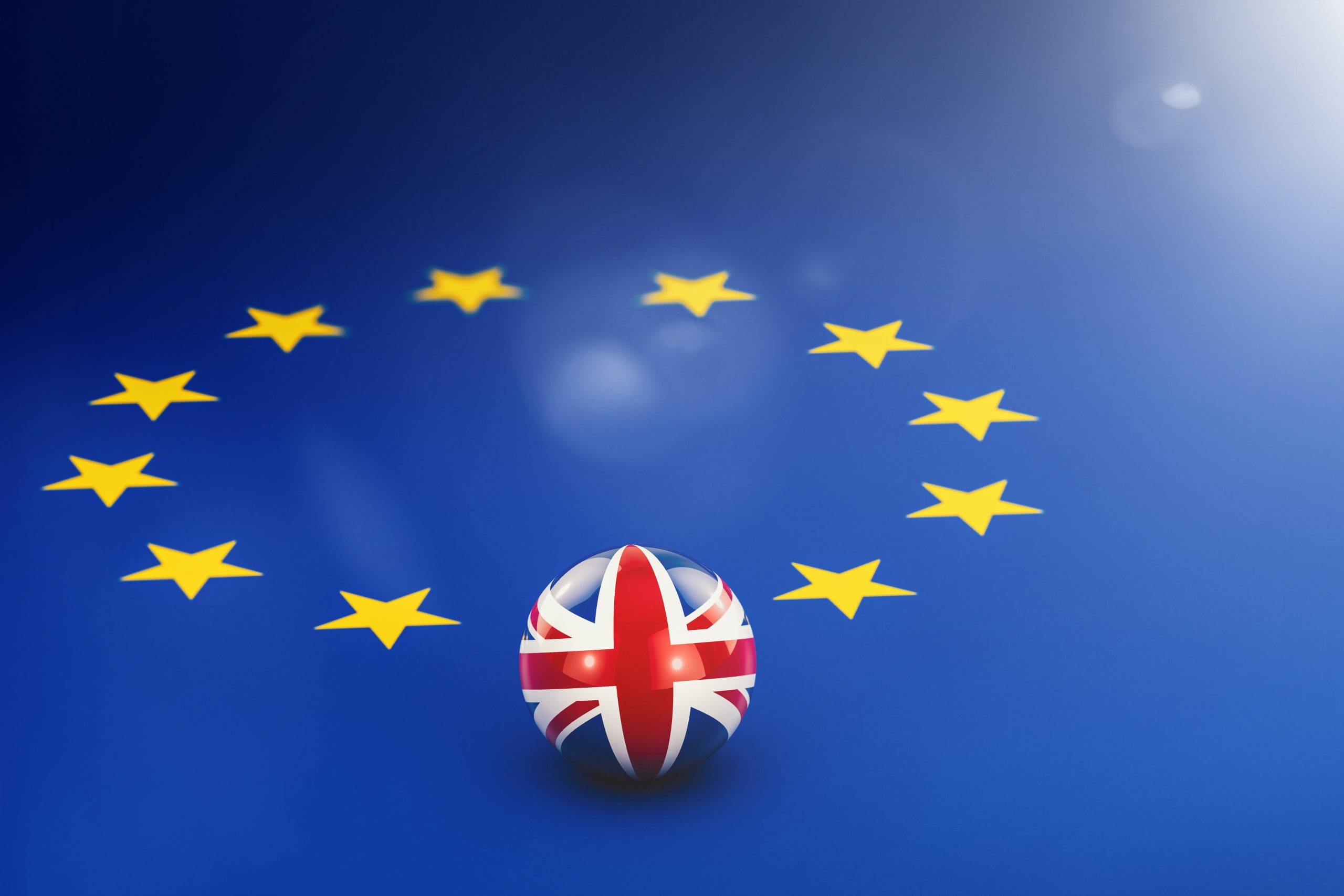Summary
There are two distinct elements to the Brexit negotiations. The first element, governed by Article 50 TEU, is about withdrawal, about bringing a 45-year relationship to an end.
The second element is about constructing a new relationship between the UK and the EU that will deliver lasting benefits to both sides.
The two elements demand different mindsets, but so far a negative mindset has dominated. Both sides have focused on ‘red lines’, closing off rather than opening up the options for establishing a fruitful and lasting relationship.
It is now time for the two sides to start identifying beneficial outcomes and areas of mutual interest. But benefits will come at a cost, entailing economic and political trade-offs. Both sides may need to compromise on their ‘red lines’: there is no ‘free lunch’ either for the UK or the EU.
From the UK’s perspective, the greater the benefits sought from the new relationship, the greater the compromises that will be needed. Various models for future UK-EU relations have been proposed, which are helpful in clarifying the options open to the UK, though they should not be allowed to dictate the terms of the negotiations. We note the European Parliament’s advocacy of a UK-EU Association Agreement, and suggest that UK commitment to such a dynamic and evolutionary partnership could bring a positive change in the tone and language of the negotiations.
But time is short: in a matter of weeks the framework for future UK-EU relations will have to be finalised, if it is to be annexed to the October European Council conclusions in the form of a political declaration. We are concerned at the delay and uncertainty that has surrounded the Government’s development of detailed, workable proposals, and emphasise the critical importance of bringing such proposals forward in time to influence the drafting of the declaration.
Given the closeness of the referendum result, only an inclusive vision for future UK-EU relations, commanding broad support, will be acceptable or durable. The Government’s vision must also speak to the EU: this means using the language of partnership, and accepting that compromises will be necessary.
In summary, therefore, the Government’s forthcoming White Paper will be judged against the following key principles:
- It should focus on achieving benefits from the future UK-EU relationship, rather than on defending ‘red lines’;
- It should identify and build on areas of mutual UK and EU interest;
- It should acknowledge that the benefits to be realised by means of the new relationship will come at a cost, requiring compromises and trade-offs;
- It should express an inclusive vision of future UK-EU relations, commanding broad support;
- It should use the language of partnership between the UK and the EU, and should acknowledge the potential evolution of the EU post-Brexit.
The EU will then need to reciprocate, moving beyond the language of ‘cherry-picking’ to a genuine acknowledgement of the importance to the EU of a close and lasting partnership with the UK.

